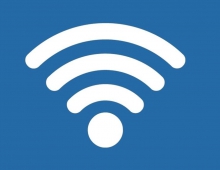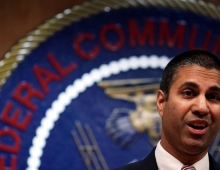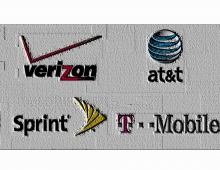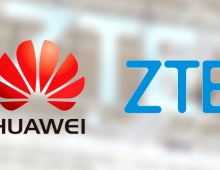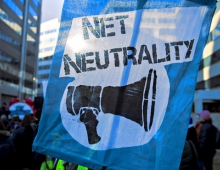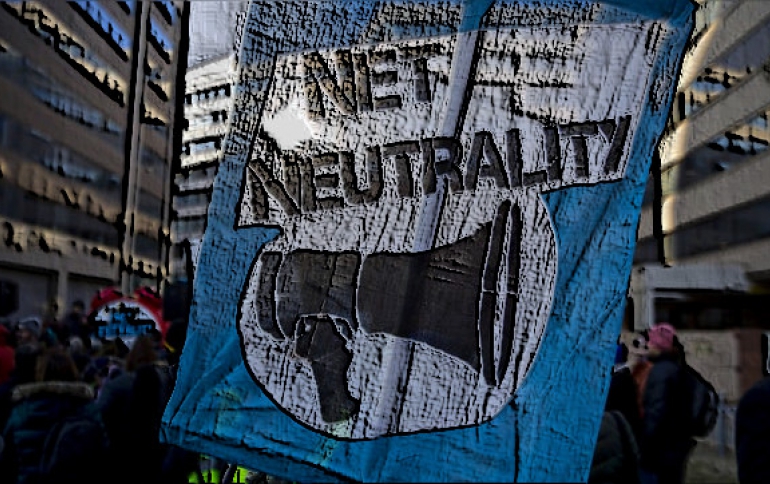
Net Neutrality Rules Could Return at State Level: court
A U.S. court ruled on Tuesday that the federal government cannot block states from passing their own net neutrality laws, while upholding the 2017 repeal of landmark rules barring providers from blocking or throttling traffic.
The U.S. Court of Appeals for the District of Columbia said the Federal Communications Commission was wrong when it declared that states cannot pass their own net neutrality laws and ordered the agency to review some key aspects of its 2017 repeal of rules set by the Obama administration. But it left open the possibility the FCC could seek to block state efforts on a case-by-case basis.
The decision could subject internet providers to a variety of state regulations on internet traffic. Verizon Communications said the ruling “underscores the need for Congress to adopt national legislation that provides protections for consumers while avoiding a disruptive, inconsistent patchwork of state Internet regulation.”
The court also found that the FCC acted properly when it overturned a 2015 decision that had classified broadband internet as a utility-style service that handed the FCC sweeping authority to regulate it and instead classified it as less regulated information service.
But the court also found the agency “failed to examine the implications of its decisions for public safety” and must also review how its decision will impact a government subsidy program for low-income users.
The new rules took effect in June 2018, reversing rules adopted under former President Barack Obama in 2015 which barred internet service providers from blocking or throttling traffic, or offering paid fast lanes.
FCC Chairman Ajit Pai said the decision affirmed the FCC’s “decision to repeal 1930s utility-style regulation of the internet. A free and open internet is what we have today. A free and open internet is what we’ll continue to have going forward.”
Pai added that the FCC would address “the narrow issues that the court identified.”
The Internet Innovation Alliance, a group representing companies including AT&T Inc, said the decision “allowing rules that differ among all 50 states could spell disaster for advancement of the internet.”



